Tejbrahmastra
Regular Member
- Joined
- Aug 26, 2022
- Messages
- 739
- Likes
- 5,367
is anybody in recent years disagreeing with this?What I was talking about primary. education in India earlier being echoed by tata group as well :

Talent deficit mars India’s manufacturing ambition: Tata official
India has a big opportunity in manufacturing due to global supply chain shifts, but faces talent deficit.www.thehindubusinessline.com
Relevant part :
“There is no dearth of opportunity or capital. The one thing we need is a workforce skilled enough to seize the opportunity,” he said.
Delving deeper, he said the issue is not about imparting skills to labour. “Skills can be taught fairly quickly. You give me a raw person who’s got basic education, I can skill that person within six months on my shop floor. But having that basic education to be able to learn new things is critical. I would therefore argue that, more than skills, what is important is the basic, foundational education.”
Just realized posted on wrong thread. Was meaning to post on economy thread, but yes last time few people here were arguing PISA test is fake, our govt's own report that 30-40% students in govt. school are not learning basic reading and math as fakeis anybody in recent years disagreeing with this?
takeaway from that discussion was not supposed be "PISA is fake", it was supposed to beJust realized posted on wrong thread. Was meaning to post on economy thread, but yes last time few people here were arguing PISA test is fake, our govt's own report that 30-40% students in govt. school are not learning basic reading and math as fake
1. PISA's sample was govt. selected to get better results, still failed badly. PISA isn't conducted by random NGO, its conducted by OECD .takeaway from that discussion was not supposed be "PISA is fake", it was supposed to be
1) the sample set of 3000 students in one or two districts cannot be a sufficient representative sample for a country the scale of India.
2) enough years haven't passed to check whether govt's NEP is having results on the ground.
3) foreign NGO surveys are not reliable.
Literally every NRI wants to own a property in Mumbai.. including those who have never lived there add Indian IT vity crowd, top execs and HNI's owning multiple flats in Mumbai for a steady rental income post retirement. Have a consultant(s) couple cousins working abroad... they own 5 properties in Mumbai but they don't intend to settle down there if they ever return. They are planning to buy two more 1bhk flats with a reputed builder next. Govt. should start rationing the number of residential properties each individual can own. If they buy it in some other persons name and they own multiple properties too then charge a fat gift tax.Ya'll Nibbiars
1 .
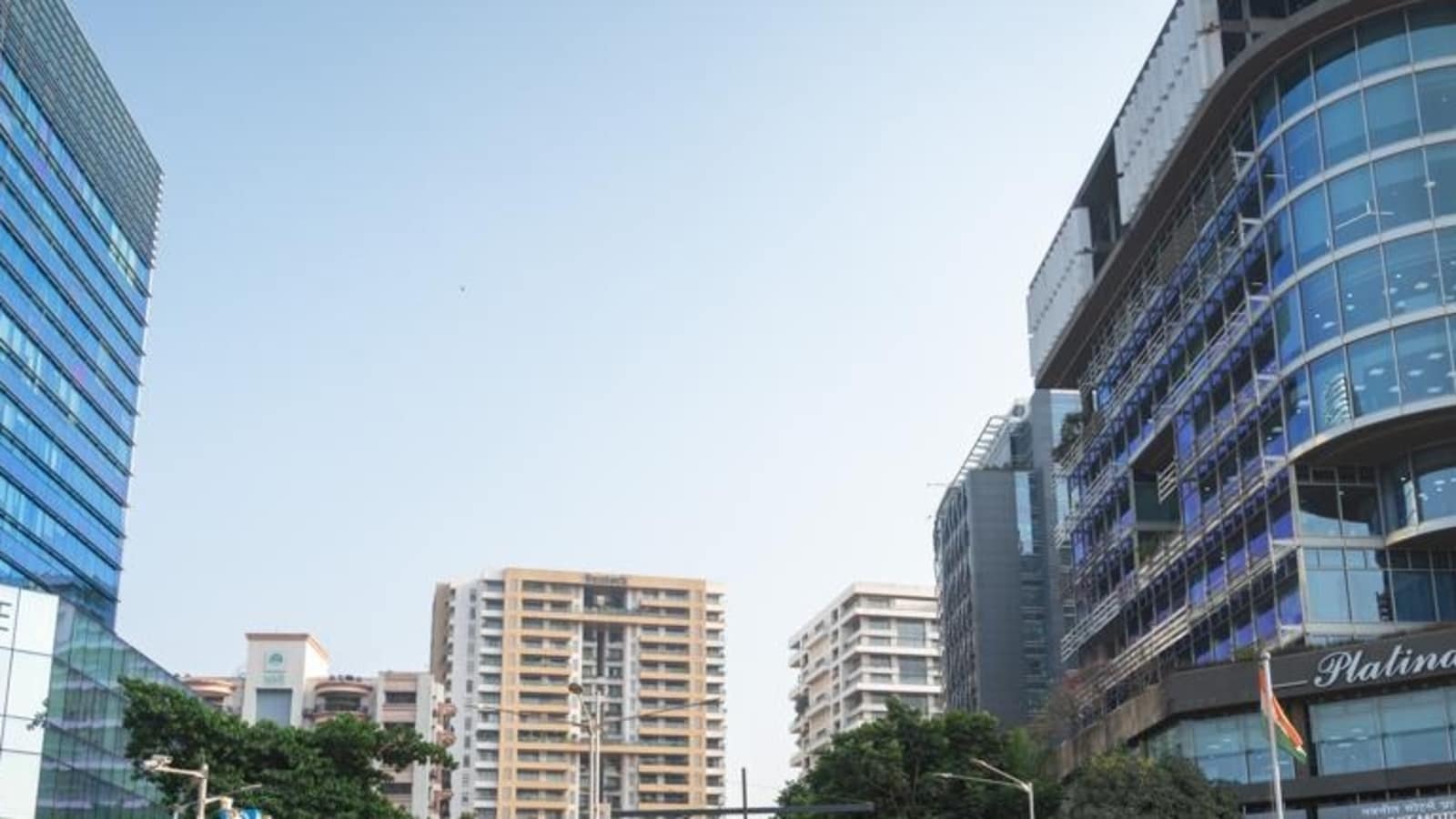
Bandhan Bank purchases 12 commercial units in Mumbai's BKC for ₹135 crore
Bandhan Bank has purchased 12 commercial units spread across two floors in Bandra Kurla Complex in Mumbai from four sellerswww.hindustantimes.com
2 .

Tata projects rents 120k sq ft office space in Mumbai for HQ
Tata Projects leased 120,000 sq ft office space in Mumbai's Powai suburb at Cignus Powai tower. The evolving commercial real estate market sees new hotspots due to changing workplace norms and firm needs.m.economictimes.com
3 .

Barclays leases over 64,000 sq ft of commercial space for 5 years at a monthly rent of ₹2.08 crore per month in Mumbai
Barclays has paid a security deposit of ₹12.48 crore for the deal. The lease deeds were registered on January 24, 2024, the documents showedwww.hindustantimes.com
4 .
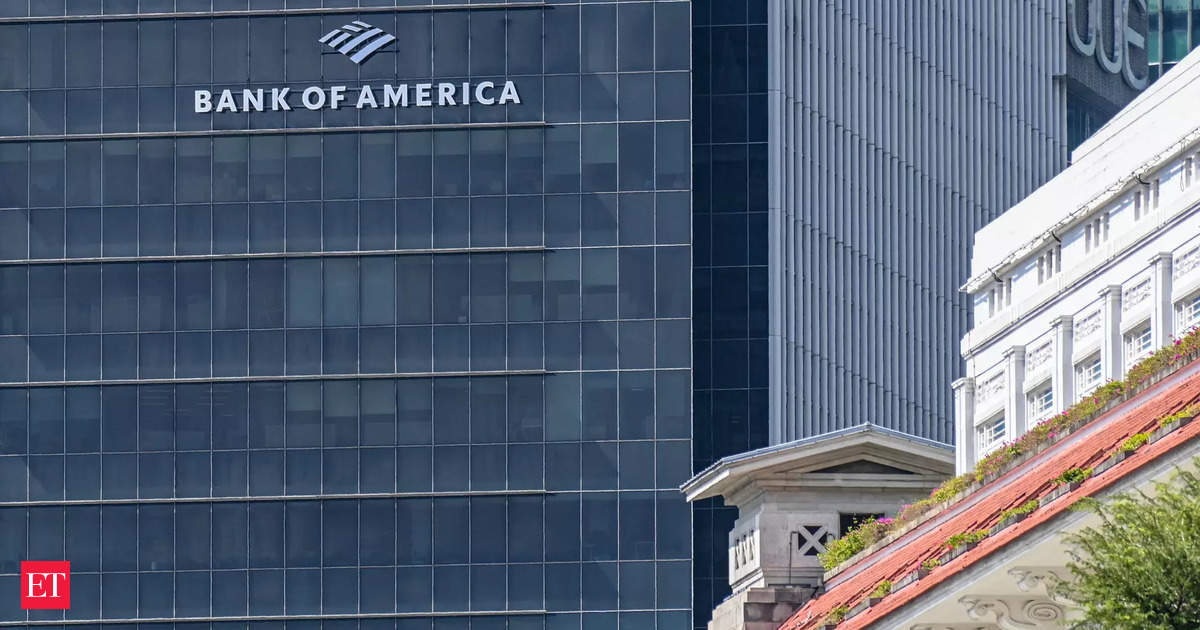
Bank of America leases over 1 lakh sq ft office space in Mumbai’s Malad
This entire facility is expected to house more than 3,000 employees spanning across different verticals of operations and technology. Bank of America has entered a long-term lease of 9 years and will be paying a total rental of over Rs 120 crore through this entire term.m.economictimes.com
5 .
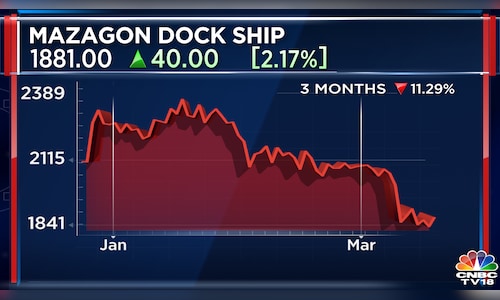
Mazagon Dock Shipbuilders to lease land parcel from Mumbai Port Authority for ₹354 crore
MDL's board on March 20 approved the offer from MbPA to acquire the land measuring 14.55 acres. Shares of Mazagon Dock Shipbuilders Ltd ended at ₹1,881, up by ₹40, or 2.17%, on the BSE.www.cnbctv18.com
6 .

Curtain-maker D’Decor to increase manufacturing capacity by 50% in four years
The nation’s leading manufacturer of curtains and upholstery is set to boost its daily output from 140,000 metres of fabric to over 200,000 metreswww.livemint.com
7 .

Innova Captab Commences Commercial Operations Of Line II Of Manufacturing Facility Situated At Raigad
The XM Research Desk, manned by market expert professionals, provides live daily updates on all the major events of the global markets in the form of market reviews, forex news, technical analysis, investment topics, daily outlook and daily videos.www.xm.com
8 .
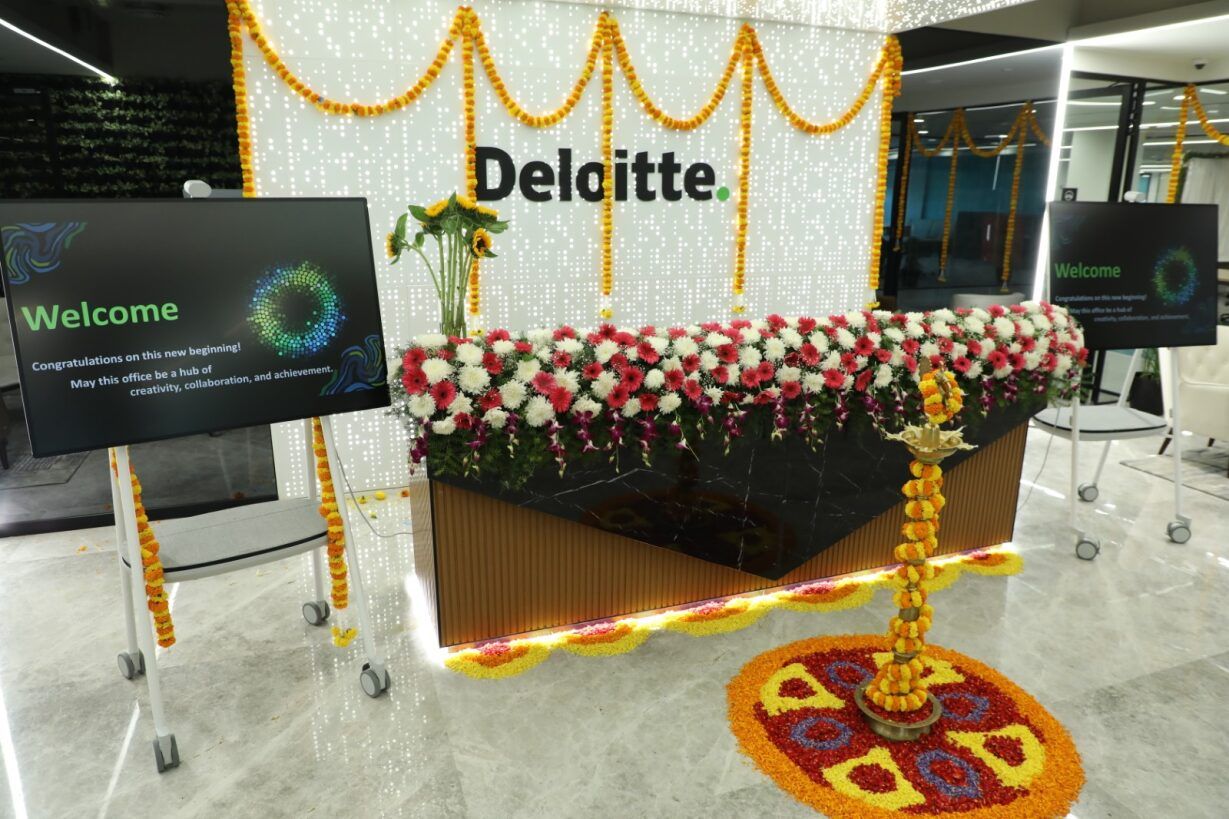
Deloitte Opens Up New Offices in Bengaluru, Noida, Pune
The company has offices in 14 cities in India, including Bhubaneswar, Coimbatore, Kochi, and Jamshedpur.analyticsindiamag.com
9 .

Databricks doubles down on investment in India amidst local enterprise AI boom
The company has also launched its Databricks Infrastructure on Google Cloud’s India (Mumbai) region to support the growing customer base and demand for the Databricks Data Intelligence Platformwww.thehindubusinessline.com
10 .
11 .
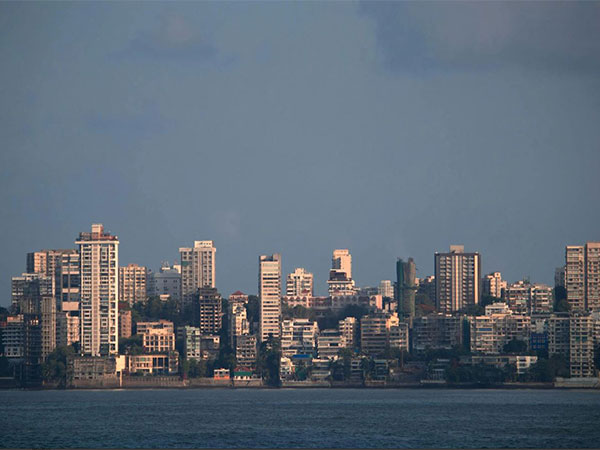
Mumbai Region's housing boom defies rising property prices: ANAROCK - www.lokmattimes.com
Mumbai Region's housing boom defies rising property prices: ANAROCK: Mumbai (Maharashtra) [India], March 24 : A new research by ANAROCK property consultants has shown that the residential real ... . Get all latest entertainment & viral stories on www.lokmattimes.comwww.lokmattimes.com
Kempe Gowda (governor of Vijayanagara empire) had better city planning in 16th century when he built 100's of artificial lakes in Bangalore to act not only as source of irrigation but also a sink for rain water.Literally every NRI wants to own a property in Mumbai.. including those who have never lived there add Indian IT vity crowd, top execs and HNI's owning multiple flats in Mumbai for a steady rental income post retirement. They grab anything they can get their hands on - new/old/redevelopment ... kidhar se property prices correct hoyega. Same is the case with Bangalore now. Place has turned into a veritable concrete jungle and with BDA having tasted blood, they continue to carve newer layouts out of farm land.
even in 2024 GoI hasn't figured out the right strategies to conduct surveys, in 2009 it was worse. that discussion started with ASER survey, which is an NGO.1. PISA's sample was govt. selected to get better results, still failed badly. PISA isn't conducted by random NGO, its conducted by OECD .
2. How would you even gauge the effect if you don't have any kind of testing. Govt. itself should have annual or bi-annual surveys.
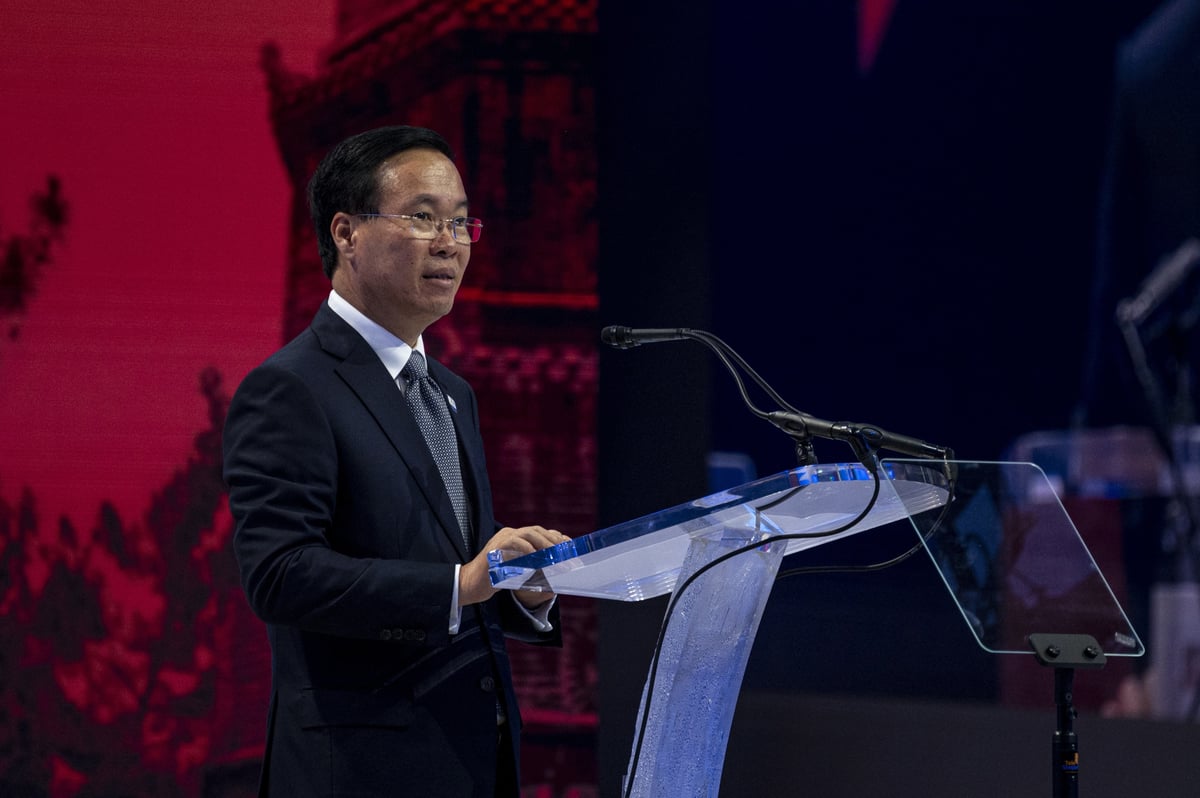
Basically, BBC editorial line is: we will shamelessly badmouth you all the time, but also give you left-handed compliments here and there.so basically BBC's editorial line is, we will amplify stories and opeds which negatively impact investments in India. but at the same time we will publish fluff feature stories inviting rich Indians to settle abroad and spend their money.
"we will shamelessly badmouth you all the time, but also shamelessly make money for our financiers out of you".Basically, BBC editorial line is: we will shamelessly badmouth you all the time, but also give you left-handed compliments here and there.
Really do not understand the significance of this. Can anyone care to explain this to me? Pretend I am a noobie who literally knows nothing about finance. I need to be able to digest the significance of this policy move.
Maybe outsiders will invest in highways. Lets say we need a highway but gobermint is tight on funds to give freebies, now outsiders can themselves invest in highways. Now lets say that a 100 crore in invested in a National Highway, now from the moment it is opened, its toll revenue can be appropriated to pay for Investors to recover their investments. This is my noob understanding.Really do not understand the significance of this. Can anyone care to explain this to me? Pretend I am a noobie who literally knows nothing about finance. I need to be able to digest the significance of this policy move.
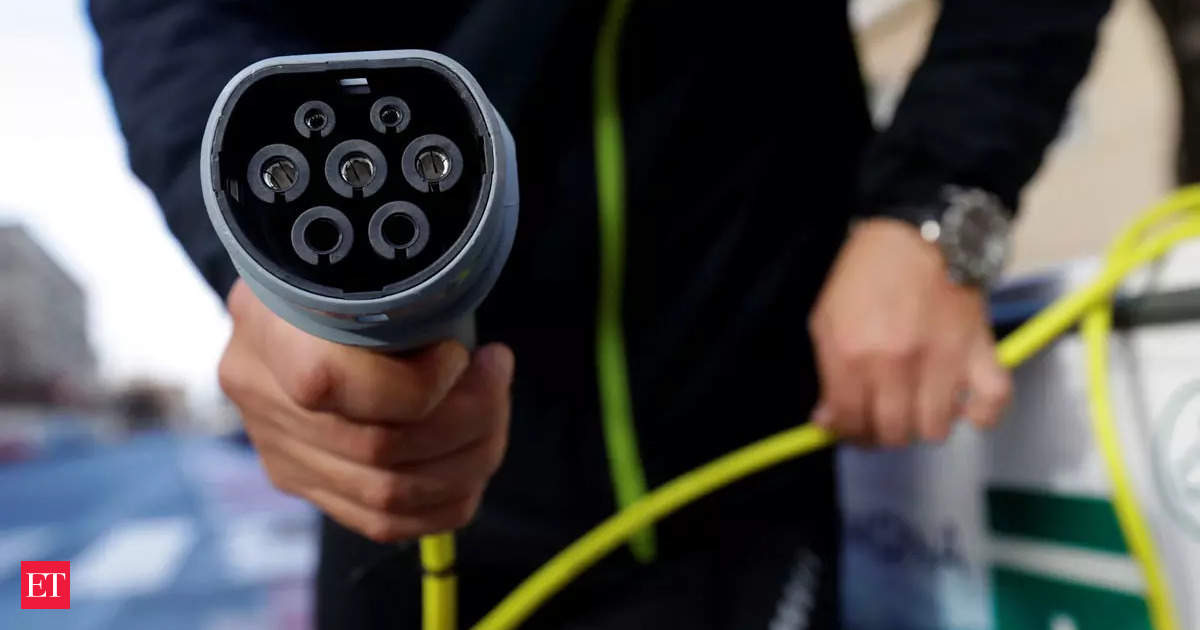
A Taiwanese guy I knew warned of this few yrs back when talk of EVs becoming ubiquitous in India to cut oil imports was just beginning. We will just switch dependencies and give China more leverage.
India's push for EVs may lead to large-scale entry of Chinese firms in domestic market: GTRI
As the EVs are getting greater focus in the country, the auto component imports from China may increase further because it has a greater hold over the EV components' global supply chain.economictimes.indiatimes.com
The Indian government's push to boost domestic manufacturing of electric vehicles (EVs) may lead to large-scale entry of Chinese auto firms in the local market, a report by think tank GTRI said on Sunday. China's automotive industry, buoyed by substantial state support, has grown rapidly in electric vehicle technology, making it a leading exporter of EVs and related components, the Global Trade Research Initiative (GTRI) said.
India's auto component imports were USD 20.3 billion in 2022-23 of which 30 per cent came from China.
As the EVs are getting greater focus in the country, the auto component imports from China may increase further because it has a greater hold over the EV components' global supply chain.
According to estimates, China has 75 per cent of the world's battery production capacity and battery accounts for 40 per cent of the cost of an EV. It also accounts for more than 50 per cent of global EV production and exports.
The report said that in the "next few years, every third electric vehicle and many passenger and commercial vehicles on India roads could be those made by Chinese firms in India alone or through Joint Venture with Indian firms".
GTRI founder Ajay Srivastava said that Indian market entry provides a much-needed relief to Chinese firms.
"China's EV exports to the European Union and the United States are declining due to anti-subsidy probes and increased trade restrictions over the export of subsidised cars/EV batteries," he said.
JSW MG Motor India, a joint venture between China's SAIC and Indian conglomerate JSW Group, has recently announced an investment of Rs 5,000 crore to enhance production capacity and launch one new car every 3-6 months starting September.
Last year in November, China's largest automaker SAIC Motor inked a joint venture (JV) agreement with the JSW Group to accelerate the transformation and growth of MG Motor in India.
The JV aims to sell one million units of passenger electric vehicles in India by 2030 when the total market is expected to be 10 million units annually. MG Motor is a British brand owned by Shanghai-headquartered SAIC Motor.
GTRI said that SAIC Motors is not alone, as other Chinese car companies like BYD Auto have made their mark in India by offering electric vehicles, including buses, trucks, cars, and SUVs.
"Other Chinese companies, including Changan Automobile, Jinko Solar, and several bus and truck manufacturers like Zhongtong Bus and Foton Motor, also contribute to China's automotive presence in India," Srivastava said, adding that Great Wall Motors and Haima Automobile are also looking to enter the Indian market, indicating an increasing Chinese influence in India's automotive sector.
He said that China's automotive industry, buoyed by substantial state support, has rapidly advanced in electric vehicle technology, making it a leading exporter of EVs and related components.
As per the report, the automobile industry in India contributes 7.1 per cent to the country's GDP, up from 2.8 per cent in 1992-93. It provides direct and indirect employment to over 19 million individuals.
"The large-scale entry and market dominance of Chinese automakers in India will impact the domestic auto/EV manufacturers, firms working in EV value chain space, and battery development," the report said, adding currently, nearly a quarter of India's auto component imports come from China.
The dependence on China will increase sharply as more Chinese firms making cars in India will import most parts and components from China, it noted.
"China has firm plans to increase its presence in India in the passenger vehicle and commercial vehicle segments, after flooding the market with e-rickshaws and two-wheelers," it added.
The report suggested that the government and industry stakeholders will need to carefully manage the risks of over-reliance on foreign manufacturers and potential trade imbalances.
"India's decision to allow Chinese car makers in India and cutting import tariffs on electric vehicles (EVs) will benefit Chinese manufacturers directly or indirectly being the dominant suppliers of EV batteries. Supply chain dependence on China will sharply increase even when non-Chinese companies (Tesla, Vinfast) set shop in India," Srivastava said.
India has recently announced an EV policy. It has announced to cut down import duty on electric vehicles (four-wheelers) from 70-100 per cent to 15 per cent if a foreign company would invest a minimum of USD 500 million in the country in the sector.
The new policy could just be the opening they were looking for.A Taiwanese guy I knew warned of this few yrs back when talk of EVs becoming ubiquitous in India to cut oil imports was just beginning. We will just switch dependencies and give China more leverage.
